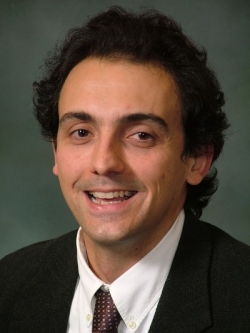
Open-source hardware holds a promise of sustaining the progress of the semiconductor industry in the age of heterogeneous computing. It can enable design reuse, foster design collaboration, and support workforce development. ESP is an open-source research platform for system-on-chip (SoC) design that combines a modular architecture and an agile design methodology. The ESP architecture simplifies the design and prototyping of heterogeneous chips with multiple RISC-V processor cores and dozens of loosely-coupled accelerators, all interconnected with a scalable network-on-chip. The ESP methodology promotes system-level design while accommodating different specification languages and design flows. ESP's capabilities have allowed a small team of mostly graduate students to realize two SoCs of growing complexity, each in the span of just a few months. Conceived as a heterogeneous system integration platform and developed through years of teaching at Columbia University, ESP is intrinsically suited to advance collaborative engineering across the open-source hardware community.
Bio: Luca Carloni is professor and chair of Computer Science at Columbia University in the City of New York. He holds a Laurea Degree Summa cum Laude in Electronics Engineering from the University of Bologna, Italy, and the MS and PhD degrees in Electrical Engineering and Computer Sciences from the University of California, Berkeley. His research interests include heterogeneous computing, system-on-chip platforms, embedded systems, and open-source hardware. He co-authored over one hundred and eighty refereed papers. Luca received the NSF CAREER Award, the Alfred P. Sloan Research Fellowship, and the ONR Young Investigator Award. He is an IEEE Fellow.
Cosponsored by the Department of Electrical and Computer Engineering and the Department of Computer Science
To request accommodations for a disability please contact Donna Ghilino, dg3548@princeton.edu, at least one week prior to the event.
Contributions to and/or sponsorship of any event does not constitute departmental or institutional endorsement of the specific program, speakers or views presented.